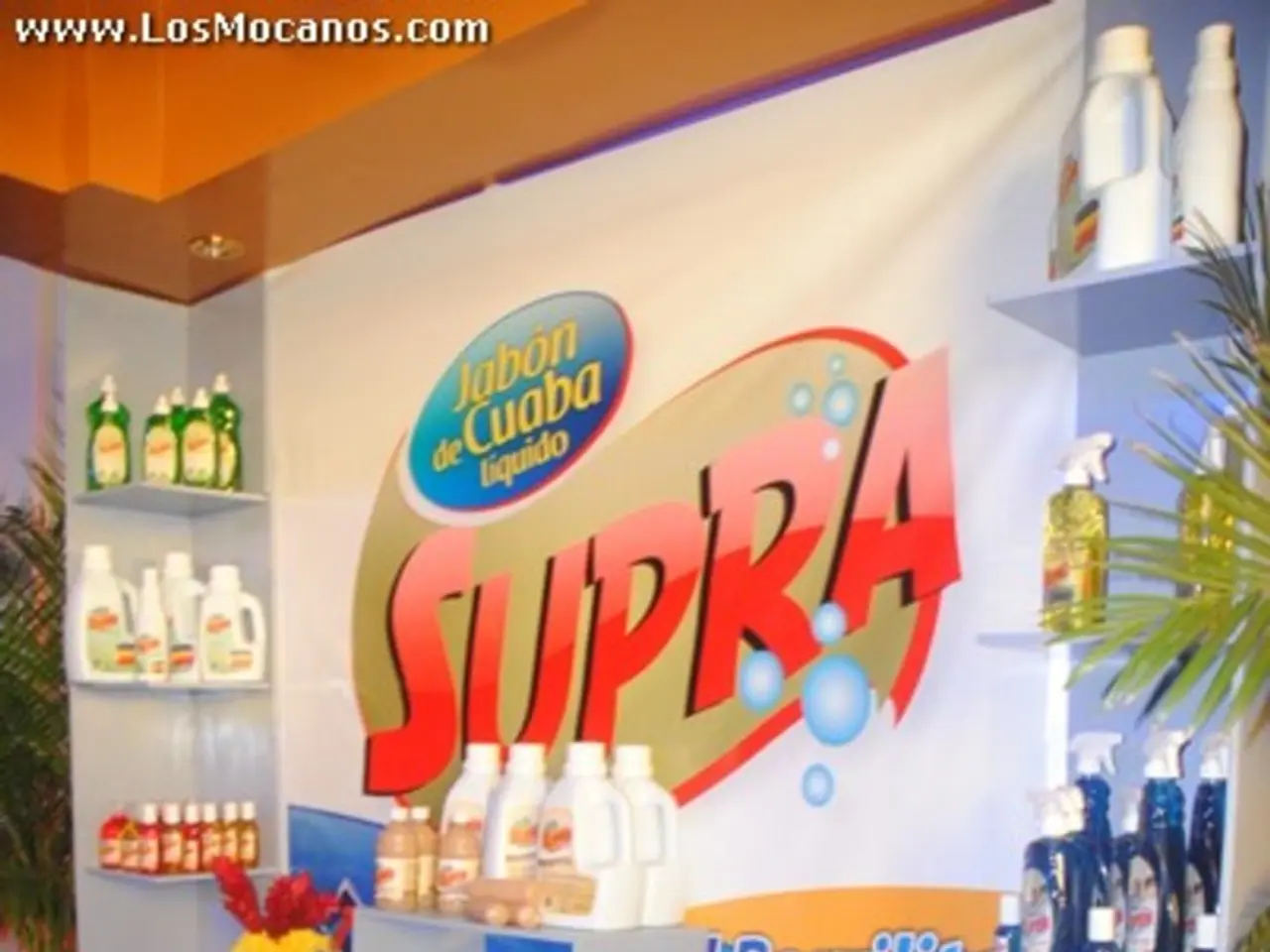Brand Recall Explained: A Brief Overview of Brand Recall
==============================================================
In the competitive world of business, a strong brand recall is crucial for success. This article outlines key strategies to increase brand recall and create a memorable brand presence.
A Memorable Brand: The Key to Strong Brand Recall
Brand recall, the ability of consumers to remember a brand without prompting, is a significant component of brand equity. As brand recall strengthens, customer loyalty is likely to follow. In highly competitive markets, strong brand recall can set a brand apart from rivals.
The Power of Colour and Emotion
Colour plays a vital role in brand recall, with different colours evoking a wide gamut of emotions. The most effective logos are clean, simple, and evoke certain emotions, contributing to their memorable quality.
Customer-Centric Quality and Distinctive Branding
To increase brand recall, focus on creating a distinctive, consistent, and engaging brand presence. Ensure your offerings solve real problems and deliver value, which strengthens positive associations with your brand. Develop a catchy, memorable name and slogan, and cultivate a unique brand personality to make your brand stand out and be easily remembered.
Consistency and Repetition
Maintaining uniform visual identity and messaging across all platforms is crucial for brand recall. Repeated exposure across channels like social media, advertising, email marketing, and events increases the chance of recall.
Bold Marketing and Frequent Engagement
Use eye-catching advertising, packaging, and active audience interactions to remain present in customers’ minds. Interact with your audience through polls, mailing lists, social media engagement, and other means to keep your brand top of mind.
Interactive and Gamified Experiences
Create interactive content such as quizzes, assessments, branded mini-games, or tools that engage users actively, making the brand experience memorable and enjoyable.
Brand Advocacy and Referral Programs
Reward loyal customers who share your brand through incentives like discounts or exclusive offers. Word of mouth from trusted sources boosts recognition and trust.
Staying Relevant and Adaptable
Monitor market trends, customer feedback, and competitor actions to continually refresh your brand messaging and product offerings, keeping your brand top of mind.
Retargeting Campaigns
Use data-driven retargeting to reinforce brand memory by reminding visitors about your products/services after their initial interaction, improving conversion and recall.
Partnerships and Community Involvement
Collaborate with brands sharing your mission for co-branded campaigns and engage locally through sponsorships or events to expand and deepen brand awareness.
By combining customer-centric quality, consistent and memorable branding, engagement via interactive content, and strategic reinforcement through advocacy and retargeting, you create a strong foundation for boosting brand recall effectively.
Case Study: Coca-Cola
Coca-Cola is a brand that is easily recalled by the majority of consumers when purchasing soda. Over the long term, strong brand recall can contribute to sustained business growth. A score above 50% for brand recall is considered desirable, and implementing effective brand recall strategies should lead to increased recognition among consumers.
Brand Recall in New Markets and Segments
Emphasizing brand recall can help a brand gain traction more quickly when entering new markets or segments. For new product launches, leveraging the trust and recognition associated with the existing brand can boost the new product’s acceptance in the market.
Rebranding Initiatives
During rebranding initiatives, leveraging existing brand recall can ease the transition and maintain customer loyalty. The chosen colour(s) should match the nature of the business, and a well-established brand recall can help a business withstand challenges and crises.
The Importance of Brand Recall in the Initial Stages
Brand recall is essential during the initial stages of brand establishment. Achieving and sustaining strong brand recall often requires significant investments in marketing, advertising, and branding efforts. Creating a powerful unique selling proposition is important for a brand’s recall.
Brand Recall and Brand Awareness
Brand recall is synonymous with brand awareness. It is a form of un-aided awareness that dictates how consumers think and feel about a specific brand. A strong brand recall is calculated as the percentage of individuals that can recollect a brand.
In conclusion, a strong brand recall is a valuable asset for any business. By implementing the strategies outlined in this article, businesses can increase brand recall, boost customer loyalty, and gain a competitive edge in the market.
- In the competitive business world, a strong brand recall is vital for success, setting a brand apart from competitors.
- A powerful brand logo should have a clean, simple design that evokes certain emotions, contributing to its memorable quality.
- To increase brand recall, focus on creating a distinctive, consistent, and engaging brand presence that solves real customer problems and delivers value.
- Consistency and repetition of visual identity and messaging across all platforms is crucial for brand recall, increasing the chance of customers remembering the brand.
- Implementing bold marketing strategies, frequent engagement, and interactive content helps keep the brand top of mind, making the brand experience memorable and enjoyable.
- Rewarding loyal customers who share the brand through incentives like discounts or exclusive offers can foster brand advocacy and referral programs.
- Staying relevant and adaptable by monitoring market trends, customer feedback, and competitor actions helps continually refresh the brand messaging, keeping the brand top of mind.
- Data-driven retargeting can remind visitors about the brand's products/services after their initial interaction, improving conversion and recall.
- Building partnerships with like-minded brands or engaging locally through sponsorships or events can expand and deepen brand awareness in new markets, aiding quick market entry or new product acceptance.




